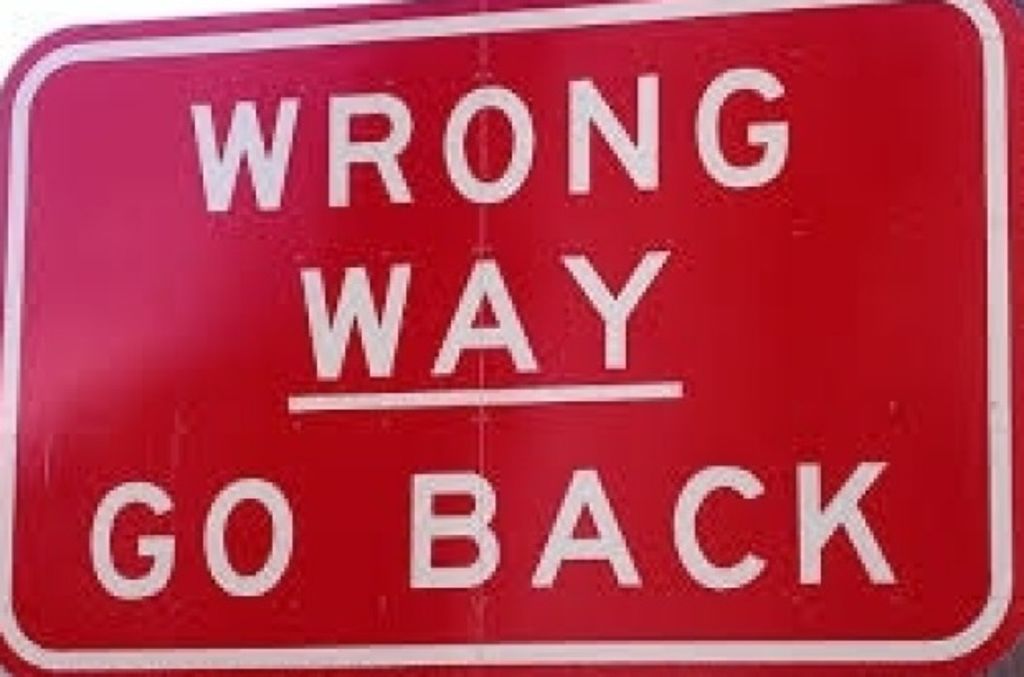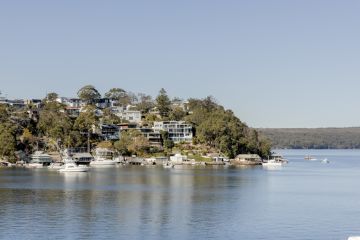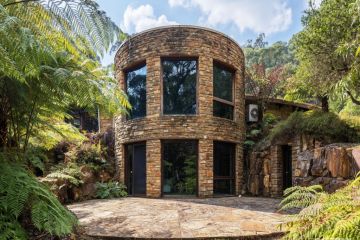What seven property experts wish they knew before investing

Even the most experienced property gurus once started out with little knowledge.
Given hindsight is 20/20, Domain asked seven diverse property experts what they wish they’d known when they started out as investors.
After years in the industry, whether it’s learning not to listen to the naysayers or how to structure finances more effectively, every expert has something they wish they’d perfected from the beginning.
Charles Tarbey: The concept of land banking

“I wish I had better understood the relationship between capital growth and rental return. When I started investing it seemed that the holy grail was to achieve high rental yields from investments. Many people, myself included, sought out high rental returns by buying cheap properties. Looking back, I should not have worried so much about purchase prices and instead tried to find properties in great locations that would see strong capital gains. By using this strategy I would have been able to use the equity from any capital gains to buy more properties and create a larger portfolio.
“Another thing I wish I had understood is the concept of land banking. Although hard to do as a small investor, purchasing what was rural land on the outskirts of major cities could have been a great move 30 or 40 years ago. Areas such as the outer ring around Sydney prove this with the development of suburbs like South Penrith, Glenmore Park and the Riverstone/Schofields areas.”
Charles Tarbey is the chairman of Century 21
Victor Kumar: Ignore the naysayers

“If I started over, I would make my goals clearer and more specific. The goals I would set wouldn’t be a number of properties, or a specific location, but would be an income goal that relates to the rental income of an unencumbered portfolio.
“I’d tell myself that it’s about letting properties do their magic over time – the first property I bought was a $137,000 home in Camden, which today is worth close to $600,000. When I moved out of the home in 2006, it was worth $340,000 and rented at $285 a week. Today I get $420 a week, it pays off itself.
“I would work out absolutely how much negative cash flow I can afford before tax concessions, be finance ready and be in a situation where I could make decisions more quickly. I had agonised over a three-bedroom villa in Campbelltown when I first started investing, which cost $93,000 in 2000 and didn’t buy it. I bought the property for a new client three years ago for $285,000 and today it is worth close to $400,000. I know now not to sweat the small stuff and to look at the big picture and ignore the naysayers who told me not to buy in Campbelltown and Mount Druitt.”
Victor Kumar is the director of Right Property Group
Patrick Bright: Lots of little deals trump waiting for one big one

“It’s better to do lots of small deals than to hang out looking for one big one. A lot of people are looking for that deal that will make them a million dollars and they’ll spend years trying to find it. I got advice and a reality check and it was to focus on lots of small deals and you can do three over a couple of years and you’re guaranteed a lump of money, rather than spending years to find something that doesn’t exist. I went to seminars that promised no money down deals and making a million dollars out of a transaction… it just didn’t really exist.
“One of my regrets is selling a few properties to do other deals. If I knew more at the time I would have worked out how to structure it so I could have kept more of those, refinanced against them and borrowed against them. I found sometimes it was easier to sell the deal and borrow money for another one but if I had kept those properties I sold obviously I would be much happier as they went up a lot.”
Patrick Bright is the director of EPS Property Search
Margaret Lomas: How to use leverage to get you ahead

“I wish I had understood leverage. Many years ago I sold an owner-occupied property I had in Perth for $175,000 and five years later it was worth $600,000. We sold because we were moving interstate and buying elsewhere but no one told us at the time that we could actually afford to hold that property, rent it out and extract the deposit for our new home from its equity rather than liquidate to get at that equity.
“While I don’t always recommend that someone holds onto a former home, in this case it was clear prices were rising and that price increase would have significantly improved our net worth at the time.
“The advice I’d give to anyone these days is to be sure you are familiar with every facet of buying and selling, as well as investment fundamentals, before making any real estate move. Your big picture becomes affected with every transaction and you want to be sure you don’t look back in the future and regret a decision you made.”
Margaret Lomas is the founder of Destiny Financial Solutions
Terry Ryder: Accumulate property rather than ‘trade’ it

“I wish I’d understood, back in the 1980s when I first bought property, the importance of holding good real estate and accumulating, rather than trading. I kick myself when I think of houses on good land in good suburbs that I never should have sold. One was a humble house perched on a hill in inner-city Brisbane, with views of the river, which I bought for $50,000. The land today is worth well over $1 million.
“I’ve always bought and sold real estate at good profits, but success in property investment comes from starting early and accumulating steadily, buying in locations with good fundamentals when the market is down. Most people pile in when there’s a boom raging.”
Terry Ryder is the founder of hotspotting.com.au
Nathan Birch: Structure and finance is more important than the property itself

“That you don’t have to be an expert in everything but rather just need the experts around you. Having the right team includes accountant, broker, solicitor, financial planner and property adviser and buyer’s agent.
“Focusing on the structure and financing of the properties is more important than the property deal itself. I would say 80/20 is the best split of time whereas most people would be spending 80 per cent of their time looking online for the best deal. Spend that time looking at the numbers and assembling a strong team, from an accountant with a portfolio which demonstrates an ability to build property portfolios for clients, to a reputable buyer’s agent.”
Nathan Birch is the co-founder of BInvested
Rich Harvey: Patience to allow capital growth to occur

“When I first started out in property, the first thing I did was get educated. I used to commute to the city and I’d read a book a day on property. Get as much education as you can. Jumping in and listening to one expert’s opinion and taking action can be quite dangerous – that expert could be a commission-based sales person and they’re not independent or giving independent advice.
“I think another thing for investing is to be patient… we live in such an instant society that we want growth and we want it tomorrow. Get a plan, have a strategy, then research an area and then buy a property.
“Procrastination is a killer – a lot of investors think they have got to know everything. Get educated to a degree, have enough confidence to move forward and jump in when you see the opportunity.
“The mistakes I’ve made have been in the development side of things – don’t try and build a massive apartment block on your second property. Don’t try and walk before you can run.”
Rich Harvey is chief executive of Property Buyer
We recommend
We thought you might like
States
Capital Cities
Capital Cities - Rentals
Popular Areas
Allhomes
More
- © 2025, CoStar Group Inc.







